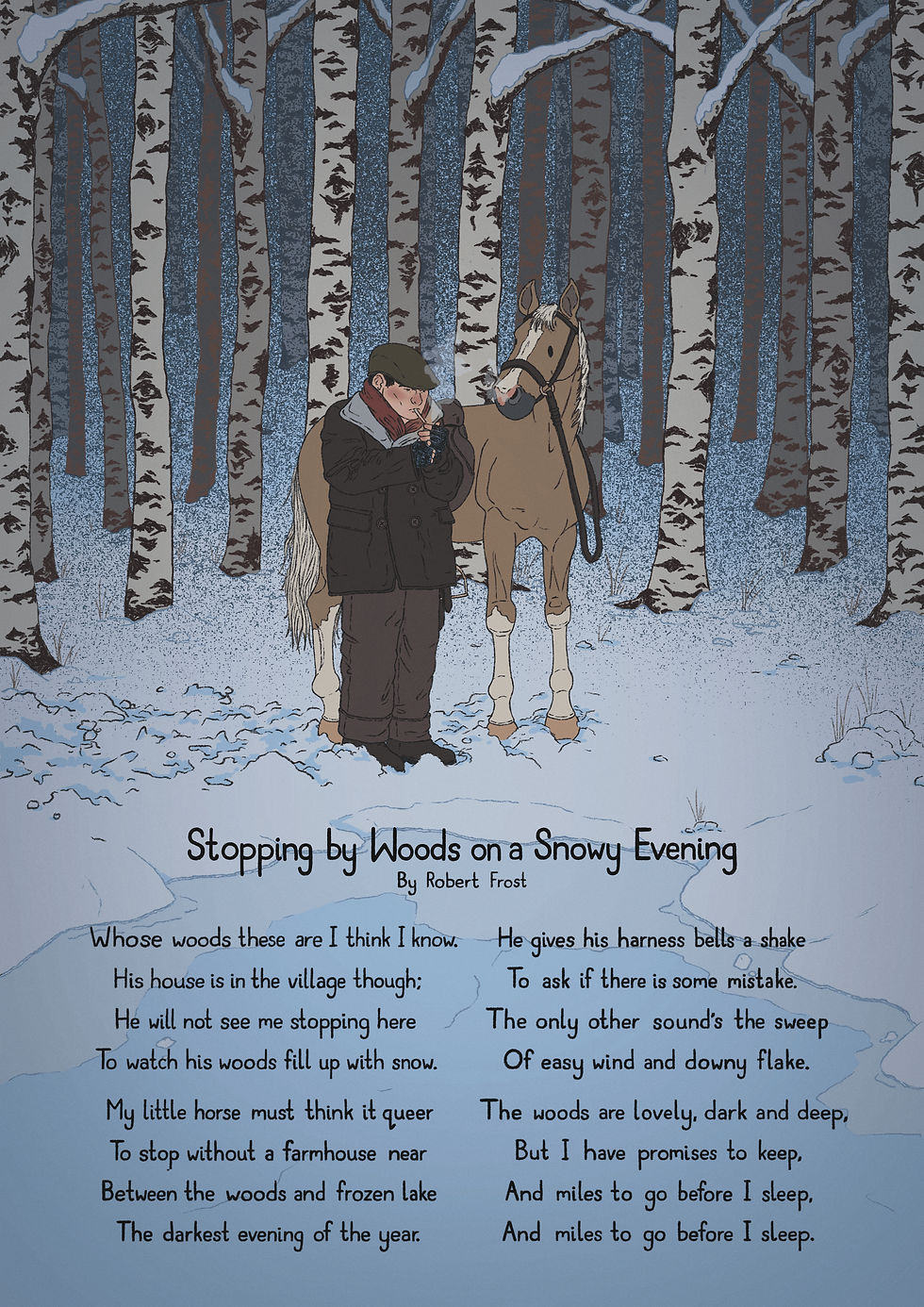Making Cookies
- office
- Aug 31, 2023
- 3 min read
For most of my husband’s life, his mom made Christmas cookies for her kids. Even once the kids were all grown up and had kids of their own, Grandma sent bags of spritz and gingerbread cookies along with presents each year. But this past Christmas, Grandma wasn’t up to making the cookies, so I stepped in to make Christmas Tree Spritz Cookies myself. It can’t be hard, can it? After all, I’ve got a cookie press!

Well yeah, it’s harder than it looks. The dough-mixing part was fine, but pressing out just exactly the right amount of dough through the shaped disc was more challenging than I anticipated. Some of my trees ended up looking more like streaky green blobs. Some were so skinny they burnt in the oven. Some were smeary and some were just right. And my hands ached after pressing all those cookies. It turns out that shaping dough is hard!
Now imagine if that dough actively resisted being shaped. Dough itself is just a blobby messy concoction of butter, flour, and sugar. Just imagine if it had its own will and decision-making power how hard it would be!
I’m sure that God sometimes feels that way with me – like he’s fighting this blobby, messy concoction that we all know as Mona as God works to transform me closer and closer into the image of Christ. I’m not always easy to handle. I’m not always willing (though I’d like to be!). The soft, buttery goodness of this particular blob of dough can get tough, over-worked, burnt, or smeary very easily, so it’s a good thing that God is patient and kind with me. I doubt God has ever sworn out loud that the food coloring just won’t disperse freely. It’s purple, in case you’re wondering. I bleed purple (WOOF!).
Speaking of football, this fall we will host a series of one-day topical workshops to engage our brains and spirits. These will happen after worship every other Sunday, beginning Sep 24 through Nov 5. See your newsletter for a description of the five sessions we will have. We hope you will all come!
On October 8, I’m hosting a workshop entitled, “Letting the Bible Read You.” We’ve all heard how important it is to read the Bible so we can get to know who God is, about Jesus and what he has done for us, and discover the promises that are peppered throughout. This is absolutely important and we should not forsake the use of reading Scripture as a devotional habit. This strengthens our knowledge and encourages us in our habits.
Most of our reading is what we learned to do in school – to read for information.
We learn the who, what, where, when, and why, so we can put things in order and context when we read. I very often approach reading the Bible the same way I approach reading history – I want to learn who did what, when, how, and see if I can figure out why all in order to learn how to live. The thing is, the Bible isn’t really meant to be read like a history book. It’s meant to be read like poetry, like myth (eternal truths told in story form), and like a love letter. It’s true, it’s real, it’s historical, but maybe not in quite the way we are used to reading history.
This is why it’s important for us to expand our repertoire of reading skills when we approach the Bible. When we read for information, we get information. When we read for formation, we are formed.
We talk about Christian formation as the way God is shaping us into the people we were created to be, and since we are all unique our formation will take on various shapes, sizes, and colors. There is no one way that God forms people, although we share the ultimate goal: to be formed into the image of Christ.
So in this workshop, we will look at one way to let the Bible read you – to read not for information, but for formation. Our purpose is to let Scripture reach into those deep parts of yourself and let God speak into that space in a way that is uniquely for you. Come on October 8 after worship to learn how!



Comments